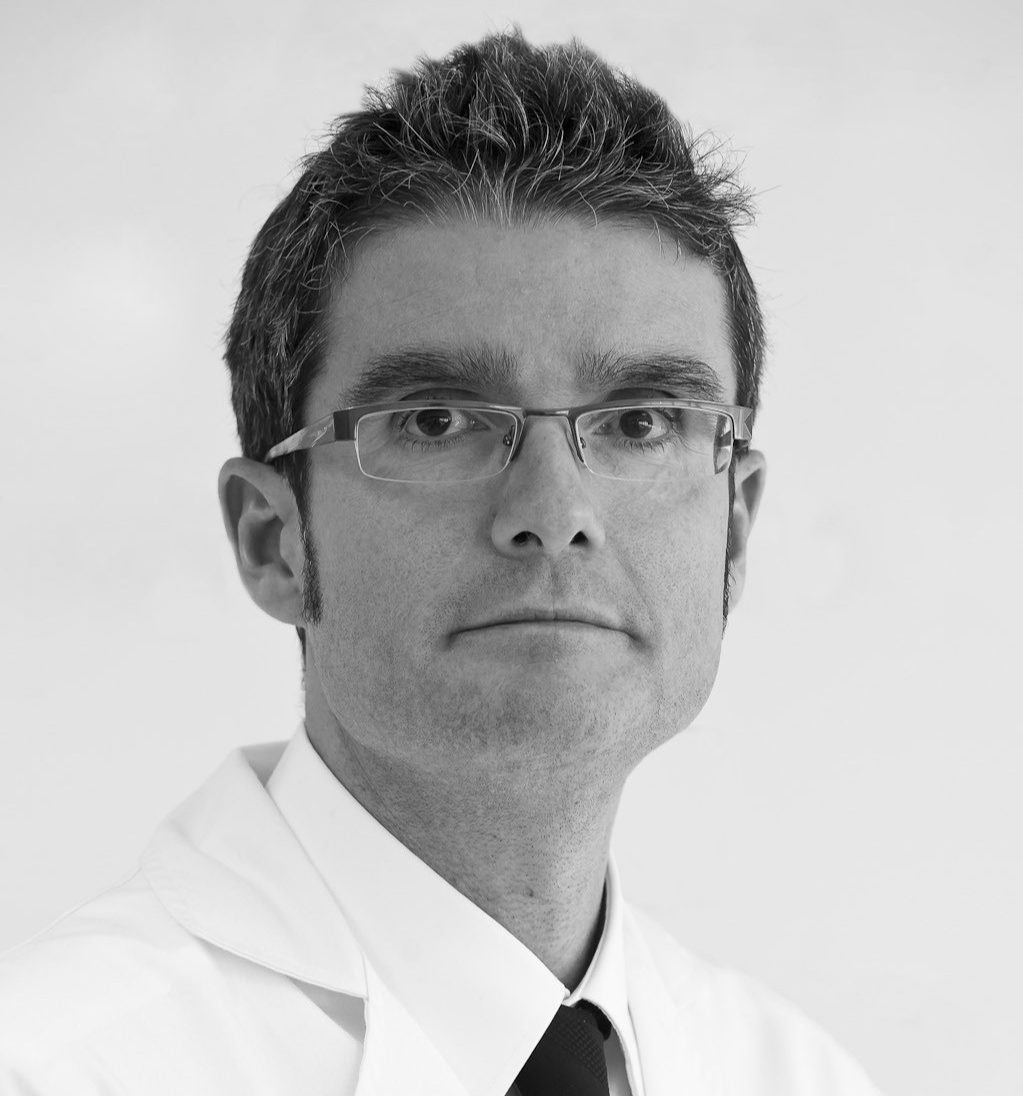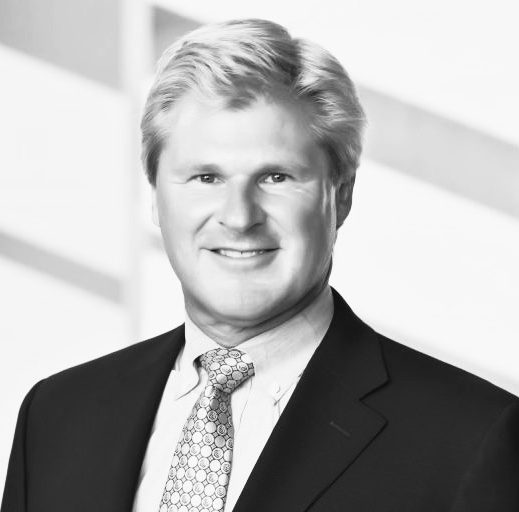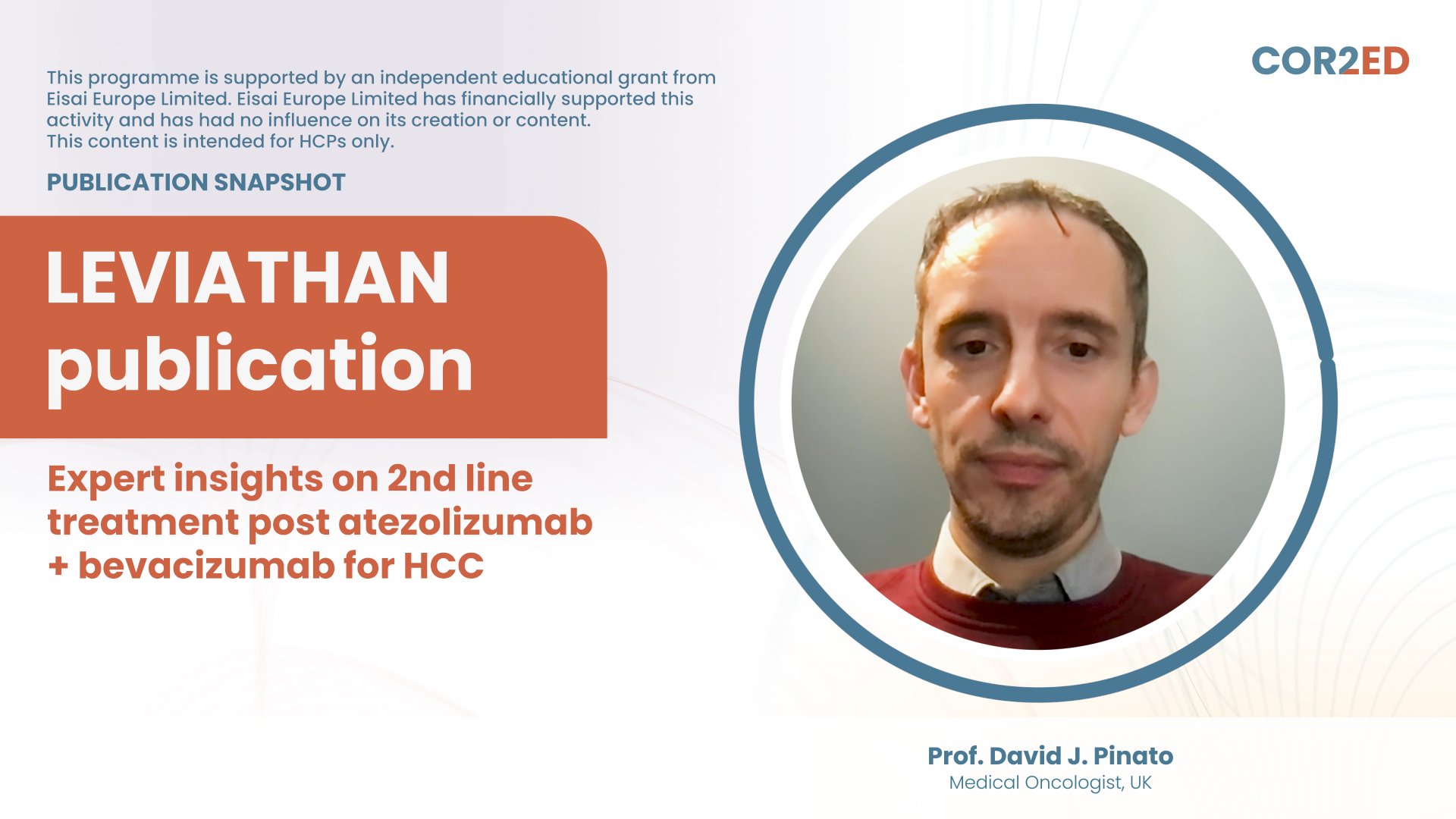In this interactive patient case study developed by medical experts, you'll meet a patient with TRK fusion-positive lung cancer at initial diagnosis and then again at disease progression two years later.
As you learn about the potential clinical management and treatment options, you'll get the chance to make clinical decisions and see how they impact the patient's trajectory.
Clinical Takeaways
-
Next generation sequencing is the main testing method to identify NTRK fusions. If immunohistochemistry is used as a screening method, all positive findings need to be confirmed with next generation sequencing
-
Based on robust efficacy data, larotrectinib and entrectinib are two approved first-generation TRK inhibitors. Dosing recommendations should be followed to manage the known adverse events
-
First-generation TRK inhibitors may lead to acquired mechanisms of resistance: 1) on-target: through the development of NTRK gene mutations or 2) off-target: through the other genomic alterations, including BRAFp. V6OOE mutation, KRASp. G12D mutation, and MET amplification
Coming soon
You'll soon be able to take this programme from your smartphone. In the meantime, please enjoy from your desktop or tablet.




 Downloadable
Downloadable  6 MIN
6 MIN
 Dec 2025
Dec 2025 








